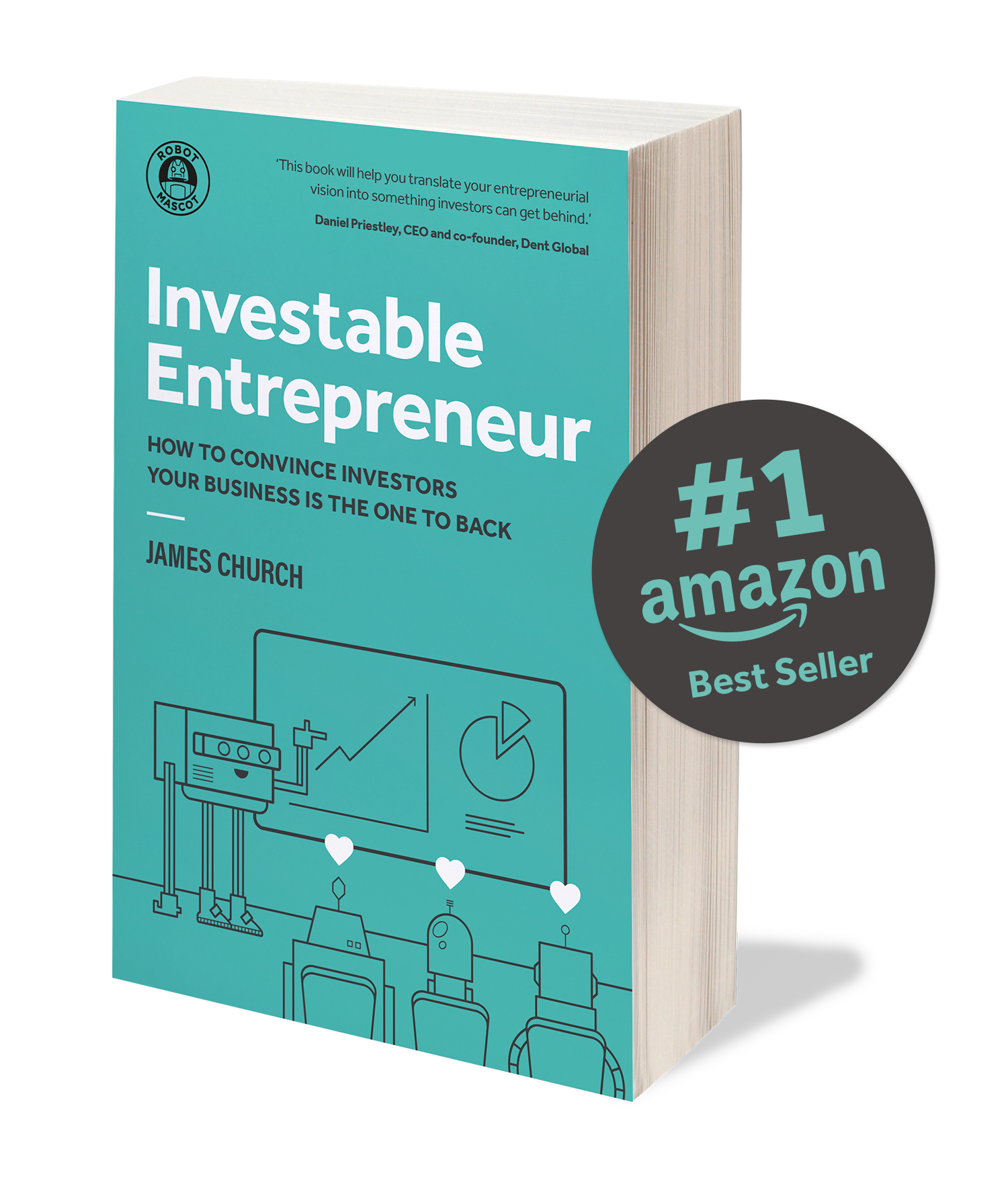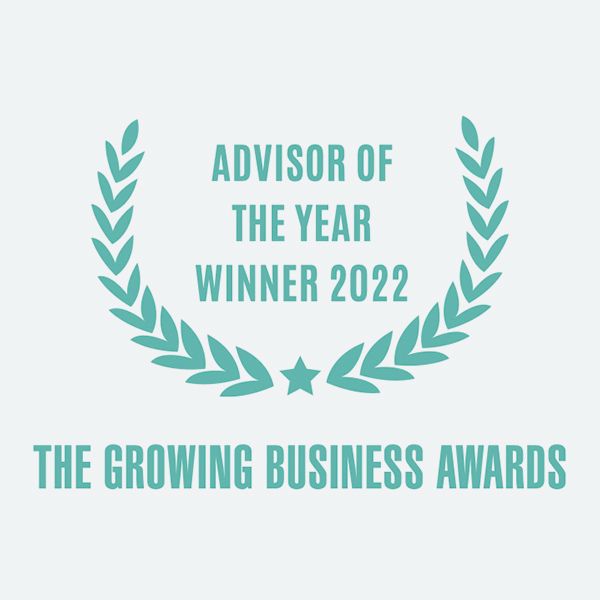

Don’t Leave It Too Late to Raise Startup Investment
3rd March 2023
Becoming an investable entrepreneur requires a fantastic concept, a lot of hard work and persistence, a little bit of luck, and – just as importantly – a knack for good timing. That’s especially true when it comes to raising startup funds.
In our experience, raising funds is the part of the entrepreneur journey that many founders most dislike. In fact, a lot of founders have an out-and-out fear of fundraising, not because it takes them out of their comfort zone but because it can often be very long-drawn-out and demotivating.
TechCrunch recently published this article about the fear of fundraising and the nine strategies you can use to overcome it. It’s worth a read.
Related: Raising Investment: Three Mistakes Investable Entrepreneurs Must Avoid
The biggest fundraising mistake a startup founder can make.

The biggest fundraising mistake a startup founder can make is expecting to raise investment as quickly as possible.
We understand that you’ll want the investor’s cash in your bank account sooner rather than later. After all, the quicker you secure your startup funds, the faster you can make your big vision a reality.
But here’s the reality check.
On average, even the most successful fundraising campaigns take at least six months to close. Many founders we’ve known have taken up to a year to complete their round.
That’s why wanting, or expecting, to raise investment as quickly as possible is such a big fundraising mistake. If you’re anticipating a quick win and suddenly find yourself in a long haul, you’ll almost certainly end up feeling frustrated, demoralised, and throw in the towel too early.
On the flip side, you also shouldn’t leave your fundraising too late because that can send an equally bad message. If you leave raising funds too late, you can come across as desperate, and when investors smell desperation, they tend to run for the hills.
How to launch a successful startup fundraising campaign

Step 1: Prepare your investment campaign
First, you must be strategic.
Your fundraising campaign should start as early as possible. Note that all-important word, ‘campaign’, i.e., you shouldn’t go after investment as early as possible, but you should start creating your investment materials and preparing for your upcoming round as early as you can.
That’s what we should focus your first two months we should focus your first two months on: working out your business growth strategy, calculating your five-year financial projections, and creating your pitch assets.
Step 2: Begin investor outreach
Once your investment assets are ready, you’ll probably spend the next 1-3 months reaching out to investors. Never make reaching out to investors a scattergun process. Not only is that one of the surest ways to waste your time and become rapidly demotivated by all the rejection, you might also end up alienating some investors who would have been perfect if you’d personalised your message and targeted them directly.
Do your investor research. What sectors are they interested in, which of their investments have been the most successful, and what were the investments they got burned by? Make a list of the most relevant investors and individually tailor every message you send them.
Step 3: Capturing Interest
If your pitch assets are strong enough (and if you’ve downloaded your free copy of Investable Entrepreneur and followed our blueprint, they should be!), you’ll now spend a month or two on investor pitches and follow-on meetings.
Here’s where all that effort you put into executing on your fundraising assets will really come into its own because the investors will want to go through your business strategy and financial projections with a fine-tooth comb and conduct all their due diligence.
Step 4: Closing the deal
Finally, providing you’ve reached out to enough targeted investors, and once you’ve completed enough investor meetings, you should have enough investors on board to close your round. At this point, you’ll typically spend a month or so going through all the legalities before the round is closed and you have a commitment of capital from an investor.
You’ll need them to transfer their cash to your bank.
Most founders think this is the moment when the money magically appears in their account and they can get back to what they do best, which is getting their product or service to market and becoming the next big thing.
But hold your horses (and your unicorns). Although startup funds can often arrive instantly, sometimes they can take another few weeks, or even months, before they’ll appear in your bank. That’s usually because the investor’s funds are currently tied up in other investment vehicles, so it will take some time for them to access their cash.
For that reason, always ask an interested investor how available their capital is as early in the process as you can. That way, you can plan your expectations around their ability to deposit the funds and avoid any nasty last-minute surprises.
How long does it take to raise startup funds?
We always advise our clients to plan for a minimum of six months. If they raise startup funds quicker, that’s great, but they’ll be the exception, not the rule.
Please bear the same thing in mind for your startup. That way, you’ll be properly prepared for the time it might take to close your round, you’ll be able to plan your business development around those timescales, and you’ll be far less likely to hit the Wall of Demoralisation.
If you’re thinking of raising investment and would like our help to make it happen, please don’t leave getting in touch with us too late either. Contact us now so we can help you plan your timescales and deliver your investment on time.
UP NEXT:
The Three Essential Personality Traits of an Investable Entrepreneur
How Can I Identify the Right Sources of Investment for My Business?
How and Why a Great Pitch Deck Design Can Win Over the Support of Even the Most Reluctant Investor
Learn how to convince investors
Investable Entrepreneur takes you through our winning methodology – the process we use to increase our client’s chances of raising investment by more than 30x.
“This book will help you translate your entrepreneurial vision into something investors can get behind.”
Daniel Priestley, CEO and founder, Dent Global and four times best-selling business author

Keep up to date with what we’re up to via email






Copyright ©Robot Mascot Ltd. All rights reserved.




